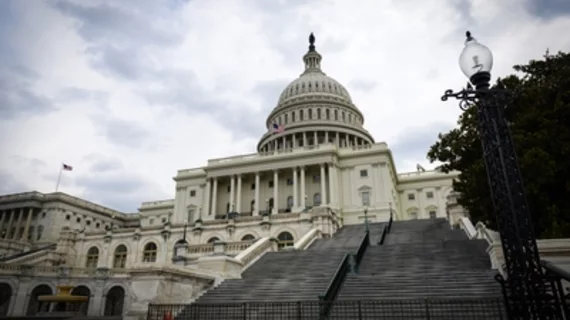Hospitals in the mix as House Democrats pitch another $3T in COVID relief
A $3 trillion coronavirus relief bill proposed by House Democrats May 12 would allocate around $100 billion for hospitals and other healthcare providers to cover costs related to the public-health crisis.
As reported by numerous major outlets, the “Heroes Act” bill also includes a $200 billion “Heroes Fund” supplying bonus pay for essential workers putting themselves at risk.
The biggest single chunk of the bill, $916 billion, would go to states and local governments to help them survive the COVID-19 shutdowns. However, there’s plenty more directly related to healthcare in the bill.
Not least would be a boost by 14 percentage points in federal matches for Medicaid spending and a special Affordable Care Act enrollment period—with subsidies—to people who lose their employer-sponsored health coverage.
If the 1,800-page proposal passes in the House as written, it’s likely to face stiff headwinds in the Senate.
“[W]hat you’ve seen in the House is not something designed to deal with reality,” Senate Majority Leader Mitch McConnell told reporters Tuesday. Instead, he said, it’s “designed to deal with aspirations.”

